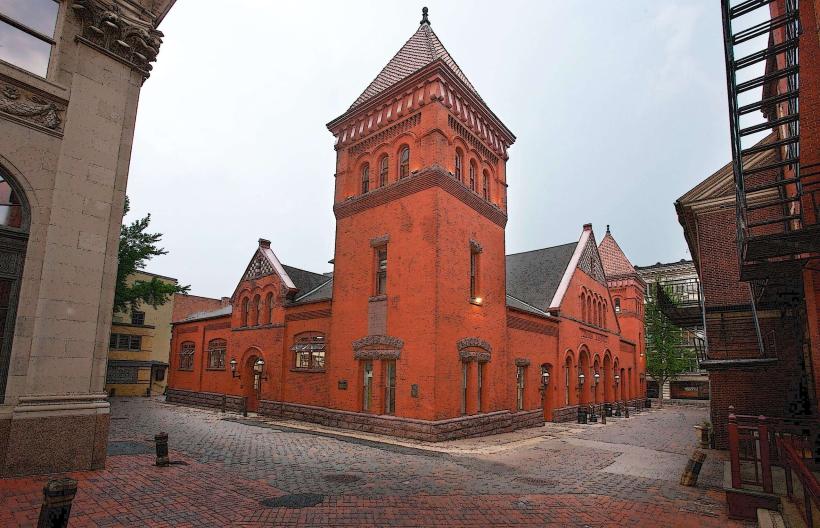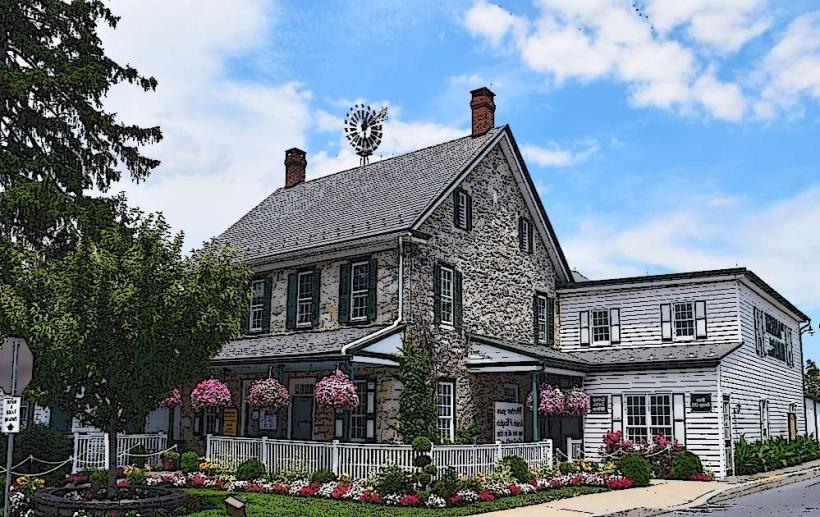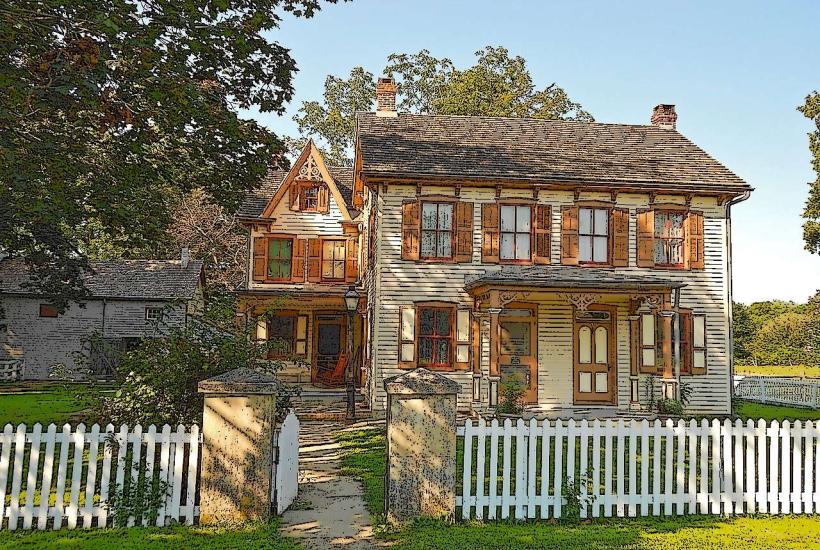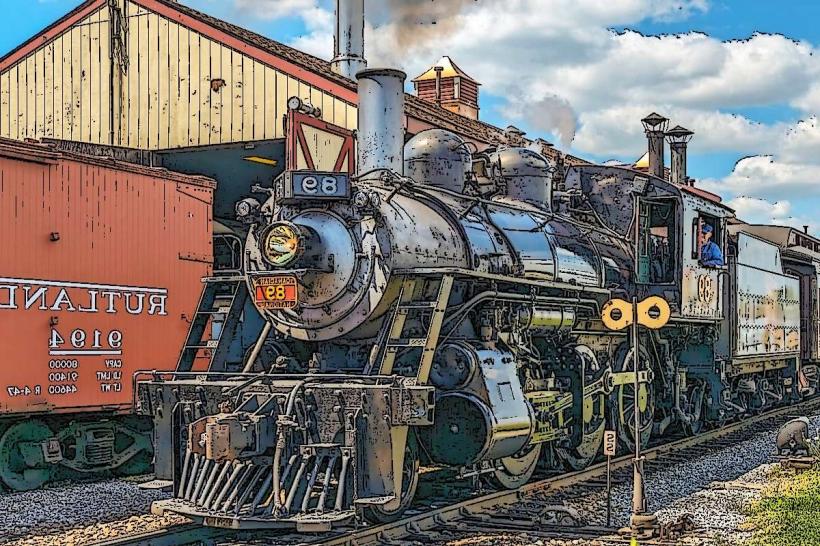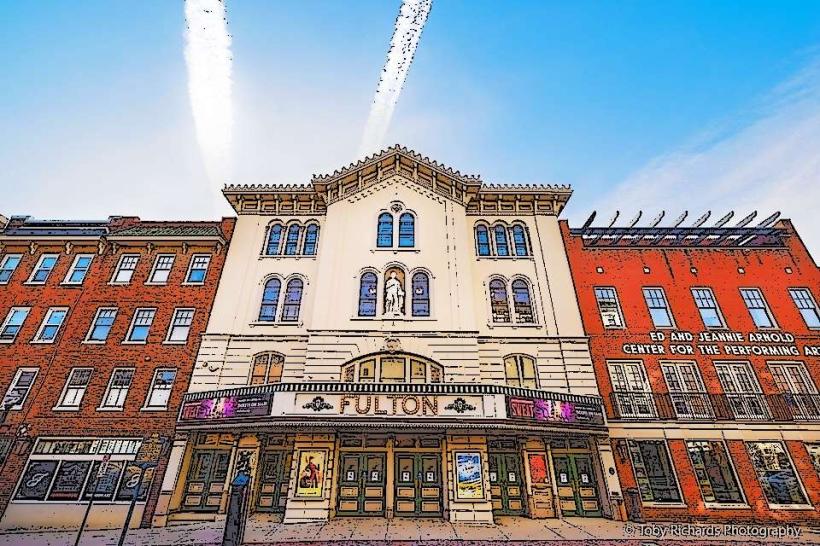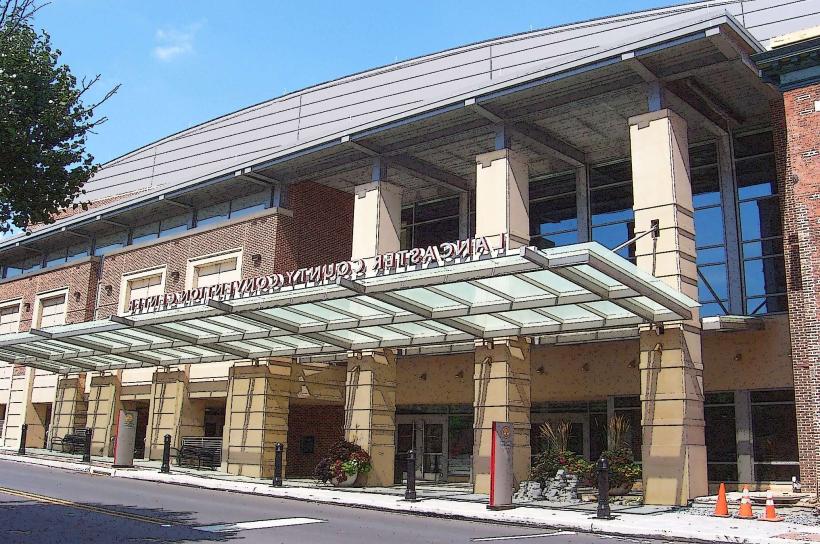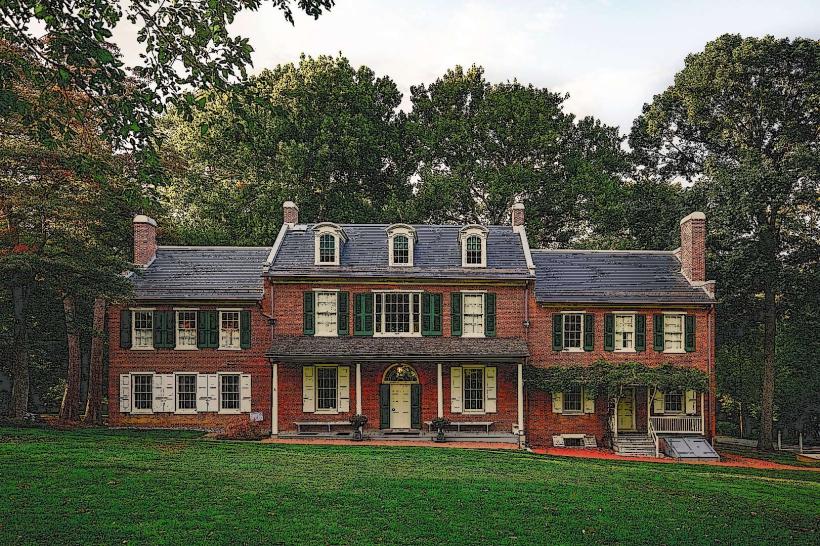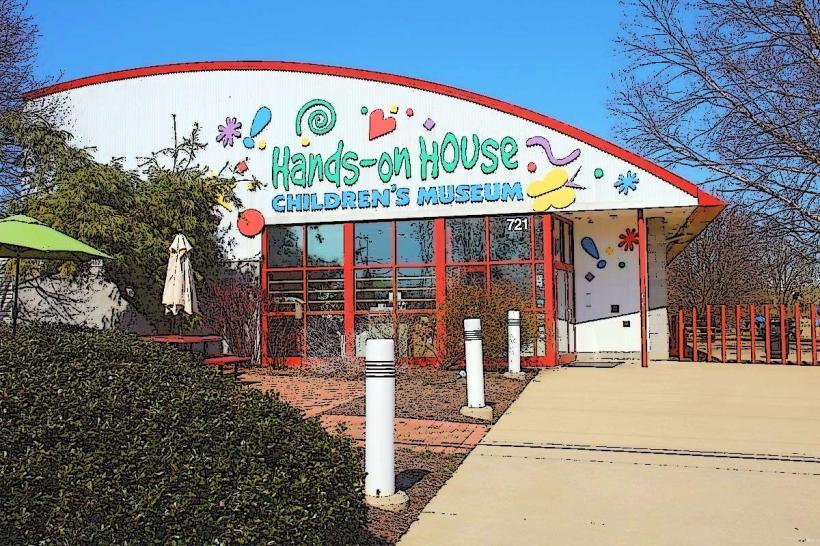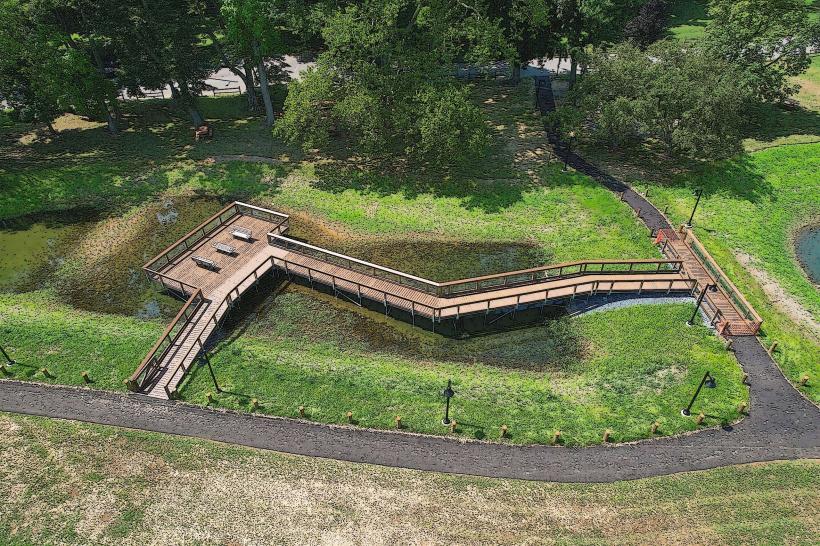Information
Landmark: Demuth MuseumCity: Lancaster
Country: USA Pennsylvania
Continent: North America
Demuth Museum, Lancaster, USA Pennsylvania, North America
The Demuth Museum is an art museum located in Lancaster, Pennsylvania. It is housed in the former residence of artist Charles Demuth.
Visual Characteristics
The museum is a two-and-a-half-story brick building constructed in the Federal style. The exterior features red brick with white trim around the windows and doors. The roof is a gable roof with dormer windows. The building has a symmetrical facade with a central entrance.
Location & Access Logistics
The Demuth Museum is situated at 120 King Street in Lancaster, PA. It is approximately 0.5km west of the city center. Limited street parking is available on King Street and surrounding side streets. The nearest public transport stop is the Lancaster Transit Hub, located 1km east, served by multiple bus routes including the Red Line and Blue Line.
Historical & Ecological Origin
The building was constructed in 1815 by Jacob Albright. It served as the residence and studio of artist Charles Demuth from 1918 until his death in 1935. The Demuth Foundation acquired the property in 1980 and opened it as a museum in 1985.
Key Highlights & Activities
Exhibitions focus on the works of Charles Demuth and other American modernist painters. Visitors can view original artworks, including Demuth's watercolor paintings and oil paintings. The museum also offers educational programs and lectures.
Infrastructure & Amenities
Restrooms are available on the first floor. Limited seating is provided within the exhibition spaces. Cell phone signal (4G/5G) is generally consistent within the building. No on-site food vendors are present; however, several restaurants are located within a 0.5km radius.
Best Time to Visit
The museum is open Tuesday through Sunday. Mid-morning (10:00 AM - 11:30 AM) and mid-afternoon (2:00 PM - 3:30 PM) typically have lower visitor traffic. Natural light is moderate due to window placement; artificial lighting is used for artwork illumination.
Facts & Legends
Charles Demuth painted his iconic work "My Egypt" in this house, depicting the grain elevators of his hometown. A specific tip for visitors is to observe the subtle architectural details of the house itself, which influenced Demuth's artistic perspective.
Nearby Landmarks
- Lancaster Central Market (0.3km Northeast)
- The Trust Performing Arts Center (0.4km East)
- Landis Valley Village & Farm Museum (3.5km South)
- Wheatland (President James Buchanan's Home) (2.1km Southwest)

